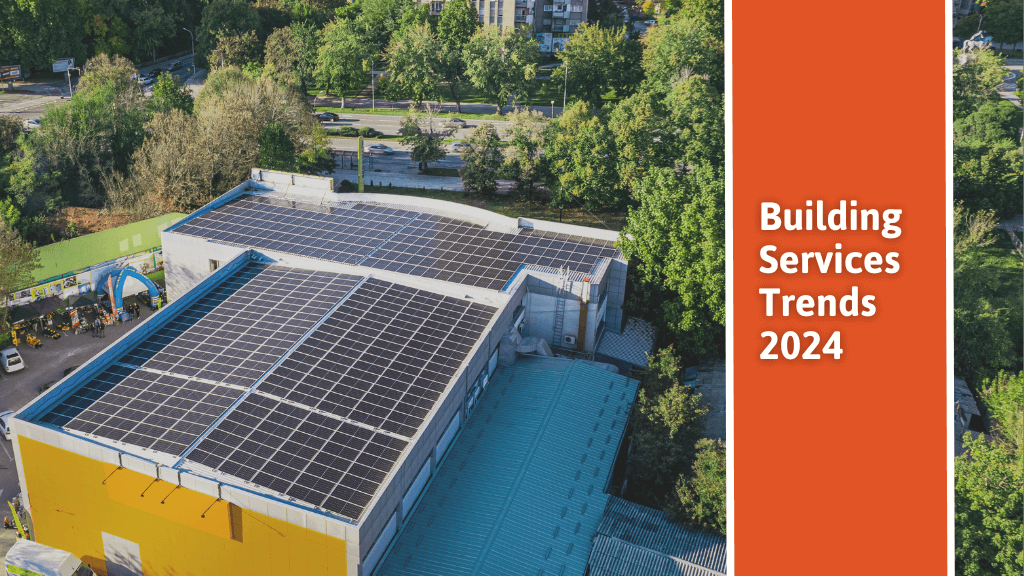Shift towards sustainability
“In 2024, the UK construction industry is poised for a transformative shift towards sustainability. Key players are expected to embrace advanced technologies and sustainable practices that will fundamentally reshape the sector.” ITS Construction
As the world becomes increasingly aware of the need to reduce energy consumption and combat climate change, energy efficiency innovations in building services are set to play a crucial role in the industry in 2024. These innovations aim to optimise energy use within buildings, reducing energy costs and resulting in a smaller carbon footprint.
One important energy efficiency innovation to watch out for is the integration of smart building technologies. These technologies utilise sensors, automation, and data analytics to monitor and control various building systems, such as heating, ventilation, and lighting. By dynamically adjusting these systems based on occupancy, weather conditions, and other factors, smart buildings can significantly reduce energy waste.
Another key area of focus for energy efficiency innovations is the development of more advanced insulation materials. Improved insulation can help buildings retain heat during colder months and prevent excessive heat gain during hotter months, reducing the need for energy-intensive heating and cooling systems. Innovations in insulation materials include aerogels, phase change materials, and advanced coatings.
Energy-efficient lighting solutions are becoming increasingly popular in 2024. LED technology, for instance, is already known for its energy-saving capabilities and long lifespan. However, ongoing research and development will lead to more efficient and cost-effective lighting options, such as organic light-emitting diodes (OLEDs) and quantum dot LEDs.
Andy Murray, managing director of MBS, said: “Requests for the installation of energy-saving solutions and, in particular, decarbonisation is on the increase, particularly for older properties with out-of-date and inefficient services.”
Sustainable Materials and Construction
The construction industry’s shift towards sustainability is expected to continue in 2024. Sustainable materials and construction practices are gaining traction as companies recognize the importance of reducing their environmental impact and promoting a more circular economy.
One notable trend in sustainable materials is the increased use of recycled and biodegradable materials. Recycled steel, reclaimed wood, and recycled plastic are just a few examples of materials being repurposed for construction purposes. These materials help reduce waste and have lower carbon footprints than their virgin counterparts.
In addition, sustainable construction practices such as modular construction and prefabrication are becoming more prevalent. These methods involve constructing and assembling components off-site, reducing construction time, waste, and disruption. Modular construction also allows for greater flexibility and adaptability, making incorporating sustainable design principles into buildings easier.
The focus on sustainable materials also extends to the interior of buildings. From low VOC (volatile organic compound) paints and finishes to eco-friendly flooring options, there is a growing demand for interior products that are both aesthetically pleasing and environmentally conscious.
Overall, using sustainable materials and construction practices in building services will create a more environmentally friendly and socially responsible industry in 2024.
Simon Turner, design director, said, “We recognise that our clients are under increasing pressure to achieve net zero, so sustainability is paramount when designing new projects,”.
MBS has achieved BREEAM Excellent ratings on a number of project completions. >> find out more.


